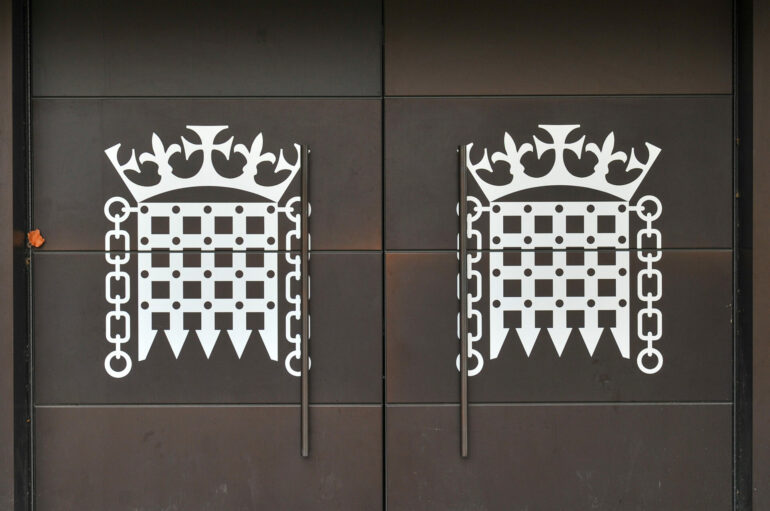Nearly 30 leading charities and campaign groups have warned that the Government’s Renters’ Rights Bill could see an increase in private renters being asked to provide a guarantor, potentially leading to discrimination against poorer tenants and those receiving benefits.
The legislation, which is currently progressing through the House of Lords, includes measures to curb discrimination against renters with children or on benefits. However, organisations including Shelter, Generation Rent, JRF, and renters’ union ACORN argue that landlords could exploit excessive guarantor requirements to filter out tenants from lower-income backgrounds. According to recent data, one in five renters has been asked to provide a guarantor, with nearly a third of them—around 600,000 tenants—struggling to do so.
In an open letter to Housing Secretary Angela Rayner, the signatories warn that “guarantor requirements may already be being used by some landlords to discriminate against poorer tenants.” They argue that because the bill closes other avenues of discrimination, such as limiting the amount of rent in advance that can be demanded, “landlords will simply switch to further abusing their power to request a guarantor, even when there is very little danger that a tenant will not pay rent.”
The letter calls for the Government to rule out demands for a guarantor where a tenant’s income is sufficient to cover rent or where landlords already have insurance against non-payment. It also urges the Government to cap guarantor liability at six months’ rent.
The signatories highlight how excessive guarantor requirements, much like high upfront rent demands, exacerbate inequalities within the rental market. “Younger people with well-off parents can easily provide a guarantor, with those not in that situation locked out of housing,” they wrote.
Kelly, a 41-year-old mother of three from Leeds, described her experience of being unable to rent a new home due to stringent guarantor demands: “Even though I could afford the rent, guarantor requests have repeatedly stopped me from renting a home as I am not in a position to appoint someone earning that sort of money. I feel like this is discrimination against people who receive housing allowance. Why shouldn’t I be able to find a home like everyone else?”
Dan Wilson Craw, deputy chief executive of Generation Rent, said: “Everyone needs a safe, secure, and affordable home. Unfortunately, many tenants face discrimination from landlords when searching for a place to live. Even if you can afford the rent, if you’re self-employed or relying on benefits, landlords can demand multiple months’ rent upfront, or that you get a homeowner to guarantee your rent. While the Government’s move to limit rent in advance is a positive step towards ending discrimination while renting, it will continue through excessive guarantor demands. The Government must act to close this loophole. If you can afford the rent, there should be no need for a guarantor.”
Anny Cullum, political officer from renters’ union ACORN, said: “Guarantors are another barrier in the way of finding a safe, secure home for renters such as Kelly. If an individual can show that they are able to cover the asking rent, then there is no good reason for them to need to provide a guarantor.”
“This system disadvantages people who don’t have wealthier friends or relatives, and can even be used as a tool for any snobbish landlords if they don’t want people from low-income communities or families as tenants. It’s archaic, and the Renters Rights Bill is the perfect place to make this change once and for all.”
Labour MP for Leeds Central and Headingley, Alex Sobel, introduced an amendment at the Commons Report Stage of the Renters’ Rights Bill to prevent landlords from requiring a guarantor if tenants could pass an affordability check. While it was not voted on, Minister of State Matthew Pennycook responded by offering to engage in discussions on the issue “in the weeks and months to come.”




